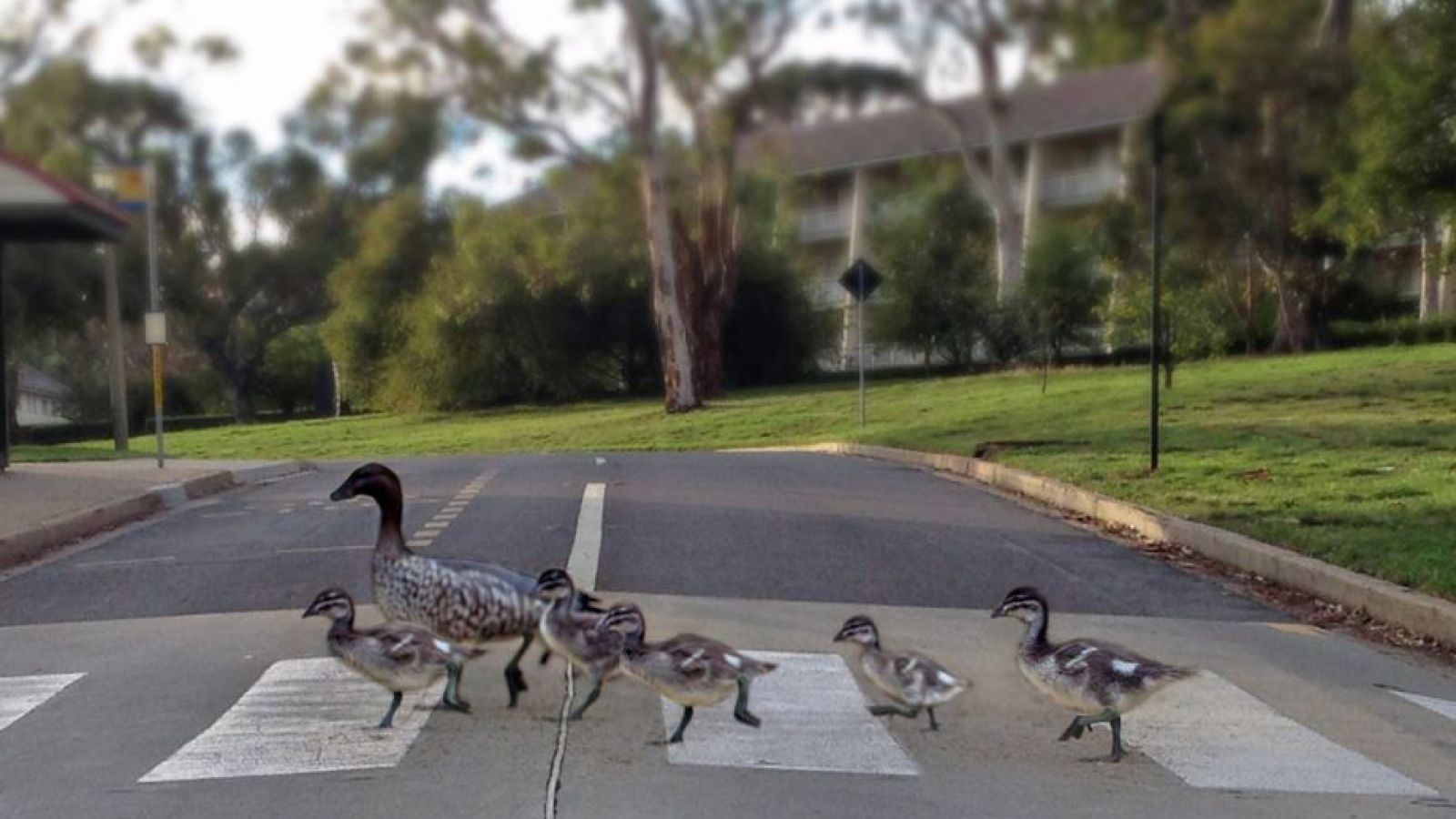No evidence to support lowering the voting age

Lowering the voting age in Australia to 16 will not improve political participation or make the political system fairer, according to a new study by political scientist Professor Ian McAllister at the Australian National University.
Data from the survey, The Politics of Lowering the Voting Age in Australia: Evaluating the Evidence, was drawn from statistics gathered from the Australian Election Study and analysed main arguments for reducing the voting age.
The study found that enfranchising Australia’s 500,000 16 to 17-year-olds would not significantly increase political participation or enhance fairness by bringing the voting age in line with other age-dependent government regulated activities.
“There are relatively few activities which have a minimum age of 16, with the exception of the age of consent and holding a firearms licence, so there is only partial evidence to support an argument about fairness,” Professor McAllister of the ANU Research School of Social Sciences said.
“The argument that a lower voting age would enhance political participation also fails to stack up. Our analysis showed that intended voter turnout is lowest among the youngest age groups, 71 per cent among those aged 18 to 20, and 68 per cent among those aged 21 to 23, with turnout increasing significantly after that.”
ANU students Amy MacKinnon, 23, and Uma Patel, 24, staunch supporters of dropping the voting age, argued that, despite the findings, robust political dialogue does exists amongst young people in Australia and a stronger public emphasis is needed on these conversations.
The undergraduate students and Professor McAllister debated the findings of the study in a discussion filmed for the ANU YouTube channel.
The students argued there is no quick fix solution, but say changes in political attitudes should be the first step.
“Professor McAllister’s premise of no evidence of enhanced political participation to support lowering the voting age is based on short term measures of success that expect an immediate change in political engagement. I think there’s a very wide problem of political apathy within the Australian population, and lowering the voting age could serve to change that” Ms MacKinnon said.
“I don’t think we should undervalue the power of the conversations that happen between young people both at home and at school. Sixteen and 17-year-olds have changed drastically from what they were 10 to 15 years ago. Teenagers now go home to iChat or MSN Messenger and they talk about things, things that matter, and I don’t think we should underestimate the potential of that dialogue to facilitate attitudinal change and reignite political debate amongst young people.”
“I think the intellectual development of young people is changing, and I think they are growing up at a much faster rate. Young people should be able to feel that they have a say in the future of our world,” Ms Patel added.
Professor McAllister’s study also foreshadows a number of consequences if the voting age was reduced.
“It would raise issues about ensuring that these new voters were properly enrolled and that they had turned out to vote,” Professor McAllister said.
“It would also raise the issue of the age when people can stand for election. In most countries the age of candidacy has moved with the voting age. But should 16 year old voters be eligible to become MPs or Senators?
“A change might also raise the issue of enfranchising even younger groups, such as 14 or 15 year olds and if that eventuated the argument might be to apply a common citizenship test to all citizens prior to letting them have the vote.”
Australian politicians have not actively discussed lowering the voting age in parliament since the Government’s Green Paper of 2009 and the Australian 2020 Youth Summit in 2008.